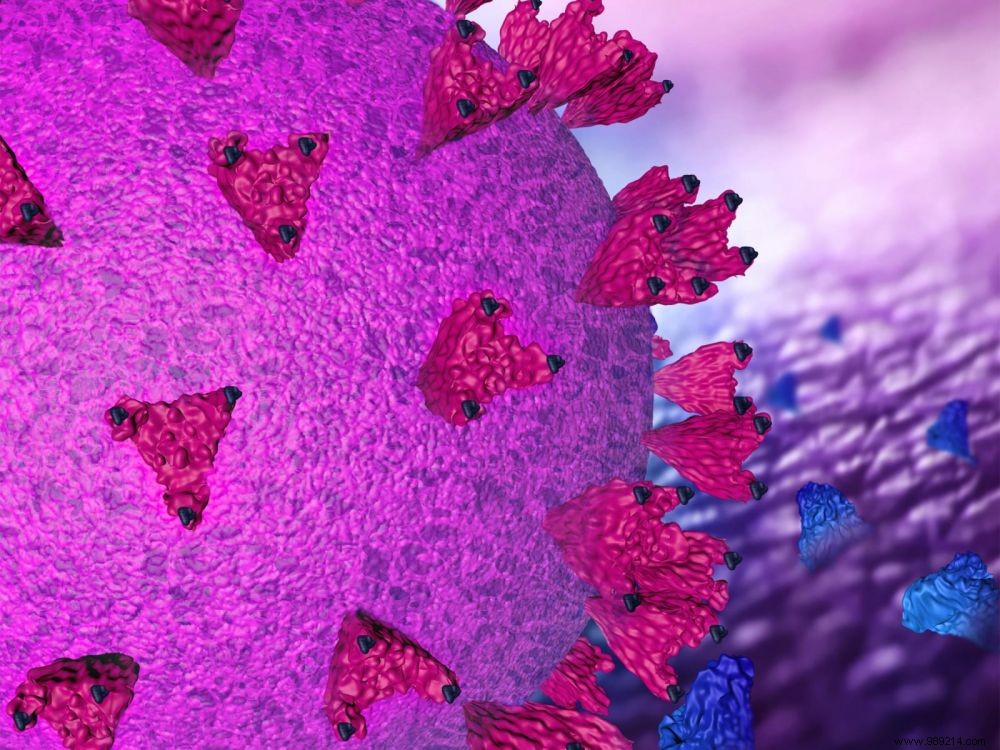As the Omicron variant fuels global concerns, researchers at the University of Pennsylvania have developed a groundbreaking anti-COVID chewing gum. Lab results show strong potential, but with no human trials conducted, it may never become available to the public.
The SARS-CoV-2 virus has entrenched itself in daily life, inspiring innovative defenses. For instance, a British firm recently unveiled a microneedle patch vaccine. Now, University of Pennsylvania scientists have created an anti-COVID chewing gum with impressive lab results, detailed in Molecular Therapy on November 10, 2021.
The virus concentrates heavily in saliva and nasal passages, with studies confirming saliva's key role in transmission. The team's solution: a chewable gum infused with plant-derived ACE2 proteins that act as decoys to capture the virus before it infects cells.
SARS-CoV-2 binds to ACE2 receptors on human cells to replicate. This gum mimics those receptors, tricking the virus into latching onto the proteins in the gum instead.

By neutralizing the virus in the mouth, the gum disrupts its replication cycle, potentially reducing infection severity and spread. This prophylactic approach aims to prevent rather than treat COVID-19. Researchers report over 95% effectiveness in blocking oral viral replication at doses of 50 mg or higher.
However, these findings stem from lab simulations using a chewing device—no human clinical trials have occurred. Real-world infection also happens via the nose and eyes. Commercialization remains distant.
The study's authors emphasize its value in proving the concept of biological antiviral traps, paving the way for future innovations grounded in this research.